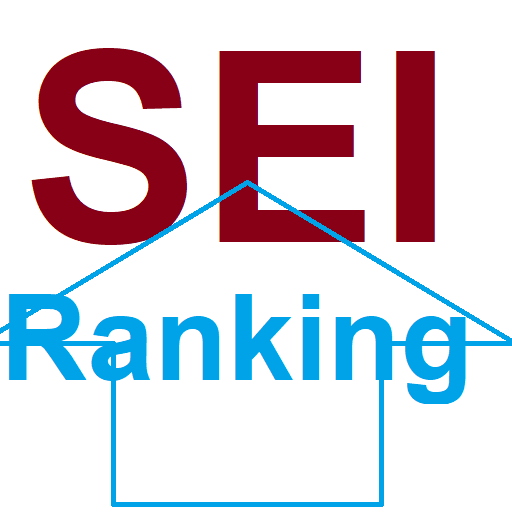Search engines aim to deliver the most relevant results based on user search queries. When users find the information they need, they become satisfied searchers and are likely to return to the same search engine in the future.
The Process of Indexing
For search engines to display results when users enter a query, they need to have an archive of available information to choose from. This process is called indexing. Each search engine utilizes proprietary methods for gathering and prioritizing website content.
Search engines employ bots or crawlers that constantly scan the web, indexing websites and following links to other webpages. If your website has not been indexed, it won't appear in search results. However, legitimate websites are typically indexed, ensuring they can be found by users.
Big search engines like Google, Bing, and Yahoo index millions, if not billions, of webpages. To determine what appears on the Search Engine Results Page (SERP), these search engines focus on two main areas:
1. Content on Your Website
When bots index pages, they scan each webpage for clues about the topics covered. They also examine the website's back-end code for tags, descriptions, and instructions. This information helps search engines understand what your website is about and how to prioritize it in search results.
2. Backlinks and Authority
Search engines also consider backlinks, which are links from other websites to yours. Each inbound link acts as a vote for your website's content, indicating its influence or authority. Links from highly authoritative websites hold more weight than links from smaller sites. This boost in authority is commonly referred to as "link juice."
Search Engine Algorithm and SERP Ranking
When a user enters a search query, the search engine looks through its index for the most relevant and authoritative information to display on the SERP. Different search engines might produce different results due to their proprietary algorithms, which consider multiple factors when deciding what to show in the SERP:
Geographic Location: The location of the searcher can influence the results displayed.
Historical Performance: A listing's previous performance, such as clicks and bounce rates, may impact its ranking.
Link Quality: The type and quality of inbound links to a webpage affect its authority.
Webpage Content: Keywords, tags, and images on a webpage provide valuable information to search engines.
Back End Code: The HTML and technical aspects of a webpage are considered for ranking.
Link Type: Different types of links, like social media shares or media outlet mentions, contribute to ranking.
Google's Dominance and Algorithm Innovation
With a staggering market cap of 200 billion dollars, Google is the undisputed leader in the search engine market. It achieved this position by revolutionizing search engines through its advanced algorithm, delivering better results to searchers. According to Compete, Inc., Google maintains a commanding 64% market share, solidifying its status as the primary innovator in the field.
Before Google's emergence in 1997, search engines relied solely on indexing and keyword density to determine SERP rankings. This approach led to the rise of black-hat SEO tactics, where website owners stuffed keywords to manipulate search rankings, often resulting in irrelevant search results.
In conclusion, understanding how search engines index and rank websites is crucial for online visibility and success. By optimizing website content and building authoritative backlinks, website owners can enhance their chances of appearing in the top search results and attract more organic traffic to their sites. Employing ethical SEO practices ensures a positive user experience, leading to satisfied searchers and long-term success.








0 Comments